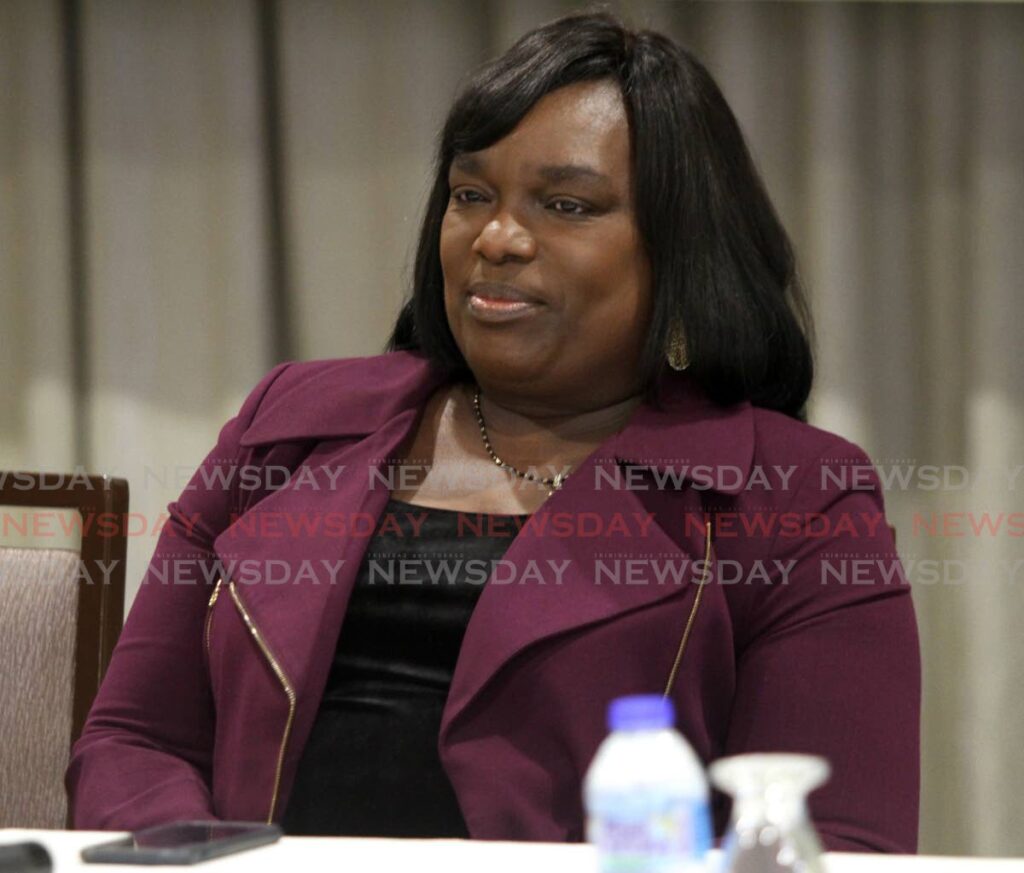New president, same court

WHILE a new president has been announced for the Industrial Court, the age-old issues facing that entity remain the same, as demonstrated by the questions surrounding this latest appointment.
President’s House on Wednesday said the tenure of Deborah Thomas-Felix, who made history as the first female president of the court, had come to an end. Ms Thomas-Felix was the court’s second-longest head, occupying the post for almost 12 years.
It was disclosed that an instrument of appointment had been handed to Heather Seale in a short ceremony attended by Chief Justice Ivor Archie.
Ms Seale, an attorney, is eminently qualified for the job.
She has served as a member of the court for almost 20 years, is a former registrar of the Tax Appeal Board and state counsel at the Ministry of Finance. Her many academic qualifications include a master’s degree in occupational and environmental safety and health.
The appointment of someone with such credentials is a reminder of the importance of the court, which has a specialist function, and which is meant to promote and enforce good industrial relations.
However, the court has routinely found itself at the centre of the competing interests of big business, politics and government, often to the detriment of its mandate.
Even before Ms Seale’s appointment was announced, trade unionists felt it necessary to raise the alarm about Ms Thomas-Felix’s already lengthy tenure not being renewed.
They sought to draw a line between her exit and upcoming cases before the court, including the Government’s four per cent wage increase to public servants.
Ms Thomas-Felix has in the past been vocal about the need for changes to the industrial relations landscape, including the issue of the late negotiation of collective bargaining agreements.
“One wonders what value can be derived by workers and also by employers when they negotiate for new terms and conditions some seven or ten years after the period in review,” she lamented last year.
A few months ago, she said there was a clear link between climate change and deteriorating working conditions. She has also been a strong advocate for the tripartite mechanism at a moment when that mechanism has broken down.
The skittishness of trade unionists is perhaps explained by the fact that while on paper the court’s president is appointed by President’s House, Cabinet has in the past played a role in approving appointments.
Such was the case when Sam Maharaj, the former secretary general of the All Trinidad Sugar and General Workers Trade Union, was not returned to his court post by the Patrick Manning administration in 2003.
Whatever the case, officials must always act fairly to all officeholders. It is worth asking whether the circumstances of this leadership transition could not have been better clarified ahead of time.


Comments
"New president, same court"